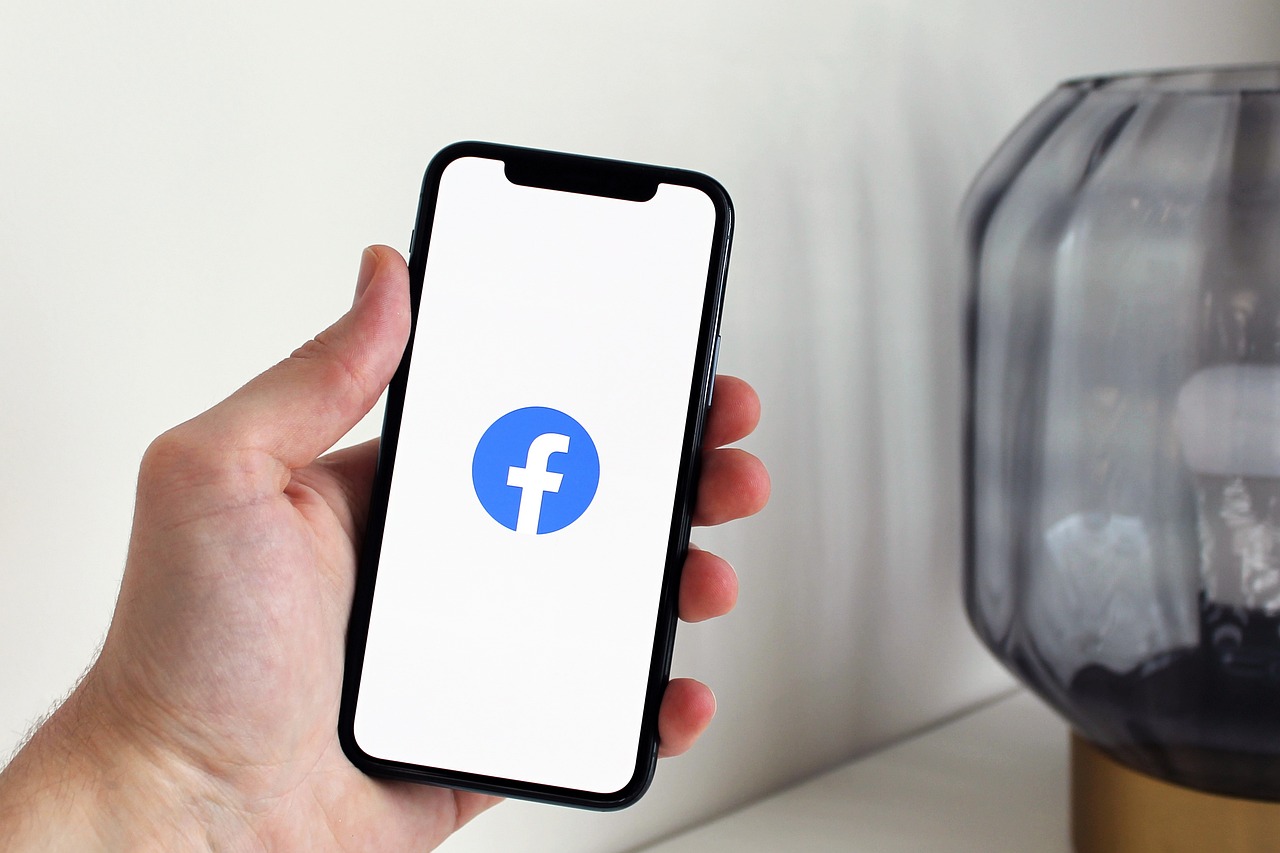**Massive Credential Breach Puts 149 Million Online Accounts at Risk**
The cybersecurity community is sounding the alarm after a massive leak of login credentials exposed approximately 149 million user accounts tied to major online services, including Gmail and Facebook. This sprawling credential breach has been described by security researchers as one of the largest compromises of its kind this year.
The trove, discovered on a notorious hacking forum and being circulated among malicious actors, contains email-and-password combinations gathered from multiple data breaches and credential-stealing campaigns over time. Cybersecurity analysts warn that the sheer volume and variety of accounts included in the breach significantly increase the risk of account takeovers, identity theft, and targeted phishing attacks against users worldwide.
The exposed data does not appear to stem from a single incident but rather is a compilation of credentials harvested from numerous previous breaches, stealer malware logs, and underground dumps. This so-called "combo list" is commonly used in credential-stuffing attacks, where automated tools test leaked passwords across various websites on the assumption that many users reuse similar credentials.
Even if some of the individual passwords in the 149 million-record cache are old, attackers can still find working logins at scale when users fail to change passwords or reuse them on multiple services. The leak includes a mix of email addresses, hashed and plaintext passwords, and in some cases, usernames or profile IDs linked to large consumer platforms.
While the precise distribution by service has not been publicly detailed, the mention of major providers like Gmail and Facebook has fueled concern that a substantial portion of everyday users could be affected. Large technology companies regularly monitor underground markets and credential-dump sites to identify compromised accounts tied to their platforms.
**How Affected Companies Will Respond**
Security experts say affected companies are likely to respond by tightening automated defenses against unusual login patterns, such as rapid sign-in attempts from new locations, high-volume access from single IP addresses, or mismatches between known device fingerprints and incoming sessions. Organizations may also expand the use of "have I been pwned"-style checks that compare user emails against known breach corpuses at registration or password change time.
**What You Can Do to Protect Yourself**
While major providers are likely to respond by strengthening their defenses, security professionals warn that users cannot rely solely on them to block misuse of leaked credentials. Attackers with large credential sets routinely target not only the named big-tech services but also smaller sites where monitoring is weaker and defenses less sophisticated.
Cybersecurity experts stress that the incident underscores basic, yet often neglected, security practices. They recommend users:
- Use unique passwords for each account
- Enable multifactor authentication (MFA)
- Review security and login activity pages offered by major providers
- Sign out of sessions they do not recognize
- Update recovery email and phone details
Experts also urge heightened vigilance in the coming weeks for phishing emails and messages that reference real services or partial personal data, as attackers may weaponize details from the leaked credentials to make scams more convincing.
**A Growing Concern: Credential Theft**
The latest exposure of 149 million logins highlights the scale of the credential-theft ecosystem. Security professionals say it also reflects a familiar pattern: the same basic protections – unique passwords, MFA, and prompt response to suspicious activity – remain the strongest defense for most people navigating an increasingly hostile online environment.
Credential theft has become a high-volume, low-cost enterprise, with falling prices for infostealer malware, easier access to underground marketplaces, and the commercialization of cybercrime groups. Regulators in multiple jurisdictions have been increasingly vocal about the need for organizations to encrypt stored credentials properly, deploy robust monitoring, and report breaches swiftly to users and authorities.
However, experts say that as long as many individuals reuse passwords and skip MFA, credential dumps like the latest leak will continue to yield successful attacks for criminals. Users do not need to know for certain that their address appears in the 149 million-record dataset to take protective steps – anyone who has maintained multiple online accounts over time should assume that at least some of their credentials have been exposed at one point or another.
